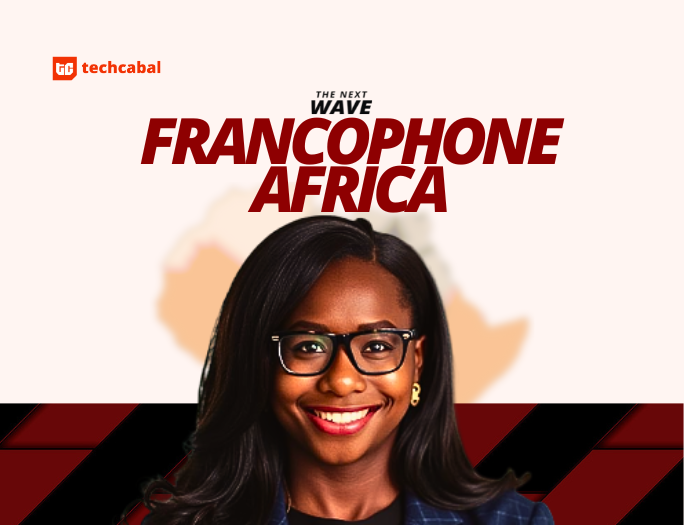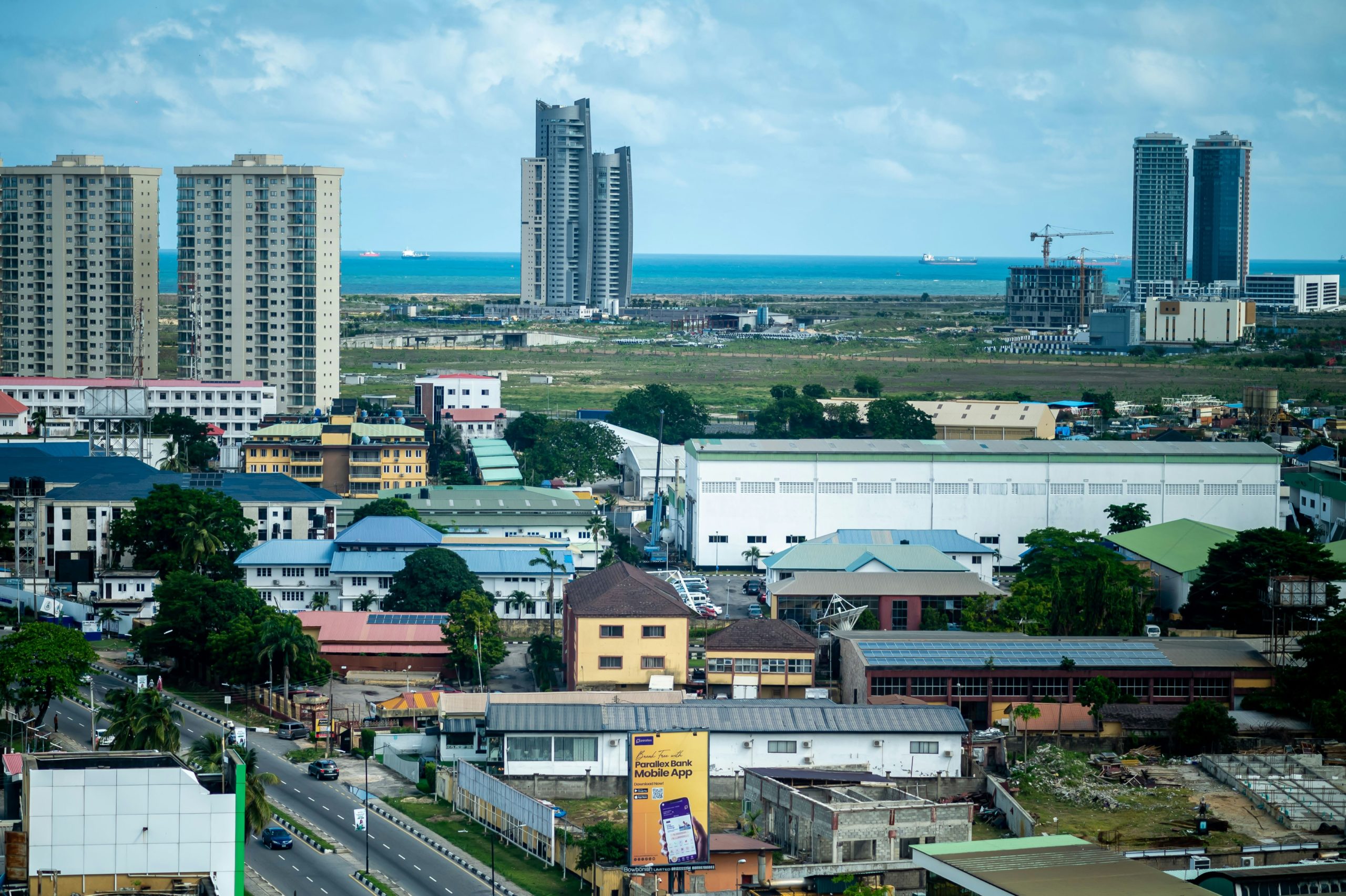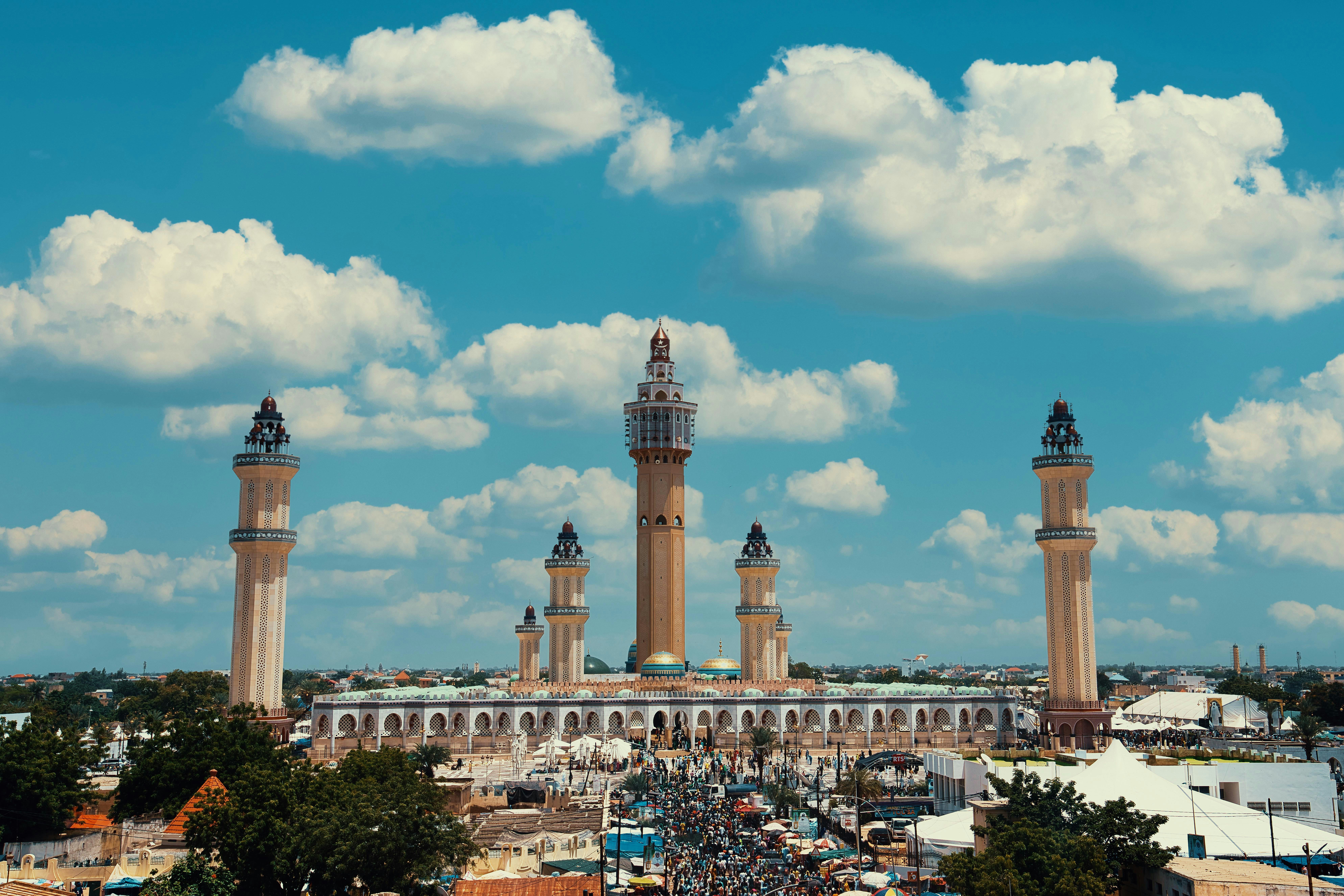Technology
From Dakar to Abidjan: Why Francophone Africa Is Africa’s next growth engine
16th June 2025 Lire en Français Bonjour, Welcome to our newest newsletter—TNW: Francophone Africa—where you’ll get smarter about tech innovation, policy, culture, and economy as it unfolds in Francophone Africa. We have teamed up with Lina Kacyem of Launch Africa to bring you the biggest insider ...
TechCabal
published: Jun 17, 2025

16th June 2025

Bonjour ,
,
Welcome to our newest newsletter—TNW: Francophone Africa—where you’ll get smarter about tech innovation, policy, culture, and economy as it unfolds in Francophone Africa. We have teamed up with Lina Kacyem of Launch Africa to bring you the biggest insider insights and analysis of the region’s technology landscape.
This is a bi-monthly newsletter, expect the next dispatch on July 1st. Sign up here and be the first to know.
Let’s get into today’s dispatch!
From Dakar to Abidjan: Why Francophone Africa Is Africa’s next growth engine

Conversations about Francophone Africa often begin and end with its challenges, often missing the unique direction the region is taking. See previously written articles here. But focusing only on the hurdles means missing the bigger story: a quiet, strategic build-up of innovation, policy reform, and entrepreneurial energy that’s positioning this region as one of the most underestimated growth engines on the continent.
This isn’t a story of catching up, it’s a story of creating something new. With a shared language, a relatively unified legal system, a stable currency zone, and growing tech ecosystems, Francophone Africa is assembling real structural and demographic advantages. From Dakar to Douala, Cotonou to Antananarivo, we’re seeing a mosaic of startup activity that’s bold, diverse, and deeply rooted in local realities.
If you’re only watching the usual hotspots, you’re missing the next big wave.
Here’s the full breakdown — country by country — of what makes Francophone Africa not just promising, but strategically primed for startup growth.
Francophone Africa’s Startup Advantage: The Untold Upside of a Rising Innovation Frontier

Let’s get one thing straight: Francophone Africa isn’t just playing catch-up in the startup game, it’s building something different, something powerful. While the narrative often centers on challenges (and rightly so), we need to flip the script and talk about the real strategic advantages brewing beneath the surface. This region isn’t just fertile ground. It’s an underestimated launchpad for resilient, resourceful, and ready-to-scale innovation.
The Macro View: Why Francophone Africa Matters
Seventeen countries. Over 200 million people. A shared language. A common legal framework. A stable currency union. If you’re looking for scale, structure, and opportunity, Francophone Africa can deliver. It’s far from easy, but it’s not meant to be.
Here’s what the world often overlooks:
- The CFA Franc Zone (WAEMU & CEMAC) provides rare currency stability in a volatile world.
- OHADA law, for all its flaws, offers legal uniformity that simplifies cross-border expansion.
- Economic growth with most of the African countries projected to experience strong economic performance forecast being in those regions (among the top globally). We have Niger (11.2%), Senegal (8.2%), Libya (7.9%), Rwanda (7.2%), Cote d’Ivoire (6.8%), Ethiopia (6.7%), Benin (6.4%), Djibouti (6.2%), Tanzania (6.1%), Togo (6%), and Uganda at 6%.
- A growing youth population with a median age under 20 is fueling tech adoption and digital transformation.
- Venture capital is moving in fast. In 2023 alone, Francophone Africa saw a 70% increase in startup funding, according to AVCA, outpacing many Anglophone counterparts.
Let’s break it down by selecting countries, just an overview. Because this isn’t just one story, it’s a mosaic of bold experimentation and structural advantage.

Mark your calendars! Moonshot by TechCabal is back in Lagos on October 15–16! Join Africa’s top founders, creatives & tech leaders for 2 days of keynotes, mixers & future-forward ideas. Early bird tickets now 20% off—don’t snooze! Get your tickets
Côte d’Ivoire: The Emerging Elephant of West Africa

Abidjan is rising. Fast. The Ministry of Digital Transition has been accelerating initiatives to structure and facilitate the ecosystem: from legislation to dedicated space for startups. Citing a couple of examples we have:
- The GENIE project with one focus area being the creation of 35 digital centers in educational institutions and town halls, which will serve as true hubs for learning and innovation.
- The Launch of the first Ivoire Tech Forum this year
- A strategic workshop for the future of digital agriculture in Côte d’Ivoire: “LA CASE AGRI” – the national project for the creation of the Agri Data Space of Côte d’Ivoire.
I can summarize the Ivorian ecosystem with the following:
- Startup Act in motion: Côte d’Ivoire is crafting one of the region’s most startup-forward legal reforms. Once fully enacted, it’ll offer tax breaks, simplified registration, and innovation support.
- Access to infrastructure: Good internet in urban zones and ongoing road construction projects improving logistics.
- Government push: the government is actively supporting and (at times) co-funding digital skills training, preparing a pipeline of startup-ready talent.
- Investment spotlight: Startups like Djamo are raising millions, tapping into a massive underserved banking population.
Côte d’Ivoire is bridging policy and innovation, giving startups a government-backed runway.
Senegal: A culture of commerce and entrepreneurship that transcends time

Senegal isn’t just “catching up”, it’s sprinting ahead. Senegalese people have long been renowned for their strong tradition in commerce, with vibrant markets and trade networks rooted deep in history. From the bustling streets of Dakar to rural marketplaces, entrepreneurship is a defining cultural trait. This spirit of commerce continues to drive innovation and economic resilience across the country. If you add the power and strengths of its diaspora from France to the US, you are bond to be admirative of its ecosystem, especially in light of its market size.
In a nutshell, let’s look at said ecosystem:
- Pro-startup leadership: The government’s “Startup Act” (signed in 2020) is operational, with perks like: Five years tax exemption, Access to public procurement, R&D grants and founder-friendly IP protection.
- Digital ecosystem: With DER/FJ (Delegation for Rapid Entrepreneurship of Women and Youth), Senegal is putting real money into early-stage companies.
- Global capital: Launch Africa, where I work, has invested in Senegalese startups since its first fund in 2021. Other top VCs such as Partech and 500 Global are all active here.
- First Francophone unicorn: Wave. Built in Dakar. Raised $200M in Series A. Need I say more? We can all debate African founders or not, but the reality is the Wave team chose Dakar as their first and main home, and it worked.
Senegal combines policy clarity with an investor-ready ecosystem, a rare combo in the region.
Conclusion: When thinking of Francophone Africa, we have to look at a market from Algeria and Morocco to Cameroon and DRC. This first part looks at two fast growing countries in Sub-Saharan Africa. One thing is clear, founders know they can grow via the multiple corridors I have seen: Rabat – Dakar, Dakar – Abidjan, Algiers-Yaounde, Abidjan – Cotonou, and more. Governments and ecosystem builders will continue to work towards strengthening the ecosystems, and of course the capital must follow. See you in two weeks for an overview of other countries.
-Lina
Headline Roundup
Did someone awesome send this to you ?
Stay in the loop
Never miss out on the latest insights, trends, and stories from Cedi Life! Be the first to know when we publish new articles by subscribing to our alerts.






